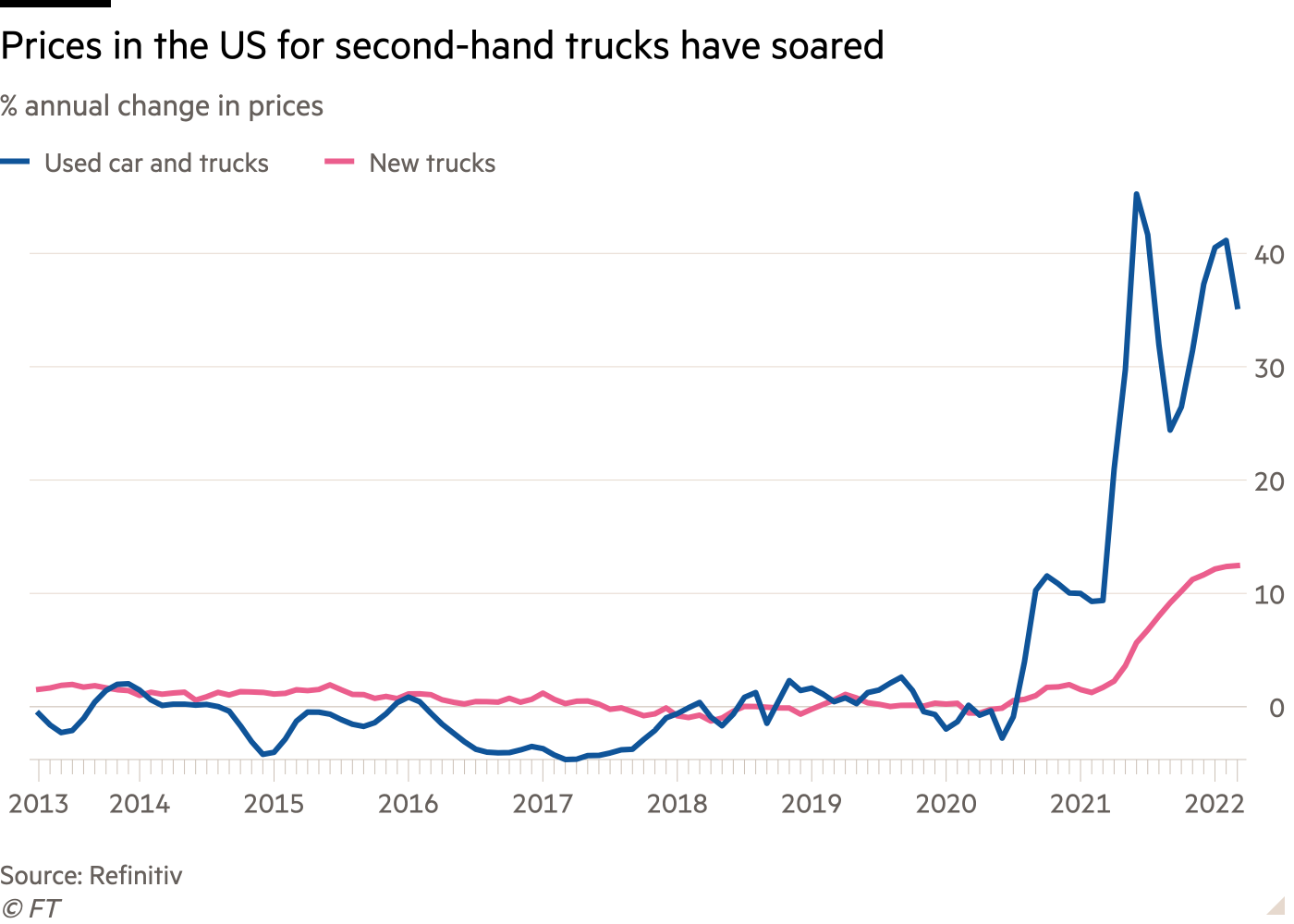May 1-7 is National Hurricane Preparedness Week
If you’re preparing for a hurricane that’s days away:
- Hurricane watches are issued 48 hours before
- Hurricane warnings are more serious, issued 36 hours before
- Plan on bugging in while the grid is down for at least 15 days
- Do not rely on filling your bathtub for water: you might not have time to fill it in time, bathtub bladders could puncture and water could become contaminated, the bathroom could be inaccessible, etc. Instead, use a proper water container: they can be filled well in advance and don’t take too much space. They are sturdy enough to be thrown around and portable, so you can take them to your shelter or use them where you need them after the disaster.
How to survive the hurricane:
- Keep your go-bag near you and at the ready at all times
- Stay on the bottom floor unless water is rising
- Surround yourself with strong or multiple walls, and stay away from windows
- If you expect flooding or see it approaching, kill your electricity at the main breaker before the water gets in to avoid electrocution
How to prepare your home ahead of time:
- Document your possessions. It will make filing a claim later a lot easier.
- Tie down your roof, deck, and dock, and add metal braces if needed.
- Check if there are areas where water is funneled towards your house. Clear gutters.
- Use wood mulch instead of gravel in your yard, so it doesn’t turn into shrapnel.
- Normal doors should have three hinges and a deadbolt lock with at least a 1-inch throw length.
May is National Wildfire Awareness Month
Here is our guide on how to prepare for and survive a wildfire. Few important tidbits:
- There is no ‘wildfire season’ anymore. Be ready for a wildfire anytime there are dry conditions, high temperatures, and high wind.
- Wildfires are also extremely hard to predict: be prepared to evacuate early and before you have to.
- If you’re caught in a wildfire, try to get away from any potential fuel source as much as possible, lie face down to the ground, and cover yourself with any protective material you might have (wool is best).
- A respirator and goggles will protect your eyes and lungs.
- Flying embers are the main threat to a building: install mesh over vents and cover eaves to prevent embers from flying in.
- Clear space around your home for up to 100 ft (30 m) or until property lines.
Extreme weather and climate change
An F-3 tornado tore through 1,000 houses in Andover, near Wichita, KS. No deaths. The tornado touched down 13 miles and was on the ground for 21 minutes. Winds up to 165 mph. It destroyed about 400 buildings, and up to 1,000 were affected. Some buildings have been knocked out entirely off their foundations. 20,000 houses and businesses had an immediate power outage. No deaths, six injured (one in critical condition). Residents had either a five or an eight-minute warning, which was enough for most residents to take shelter (the NYT article has first-hand accounts). Three meteorology students died when their car hydroplaned from storm chasing on their way back home. Kansas is now under a State of Disaster Emergency, and the Andover fire chief said that it will take years to recover. There had been 15 tornados in Kansas, Nebraska, and Florida this past week.
The Calf Canyon/Hermits Peak fire in New Mexico burned more than 188 square miles (487 square Km) and is currently the largest wildfire in the US. It is also on track to become one of the state’s largest and most destructive wildfires. Officials want residents to understand that “refusal to evacuate could be a fatal decision.” Some fleeing residents are leaving items they cannot carry in metal containers in the middle of irrigated fields, hoping to retrieve them later. Seven new wildfires in New Mexico, Texas, Oklahoma, and Tennessee have been reported over the weekend.
.@NOAA's #GOESEast 🛰️ captured this dynamic imagery of massive #smoke plumes billowing from #fires in New Mexico, while a dust storm raced southward from the Colorado Plains.
Read more about our #ImageOfTheDay: https://t.co/rYW08OH7E7 pic.twitter.com/ynSWJwwO8I
— NOAA Satellites (@NOAASatellites) May 2, 2022
It’s going to be a busy week of severe weather from back-to-back storm systems:
An updated Day 3-7 Hazards Outlook has been issued. https://t.co/VBxTZC7t44 pic.twitter.com/ecMtBCgROw
— NWS Weather Prediction Center (@NWSWPC) May 2, 2022
Extreme heat in India and Pakistan is “testing the limits of human survivability” and reducing wheat yields. This heatwave is unprecedented because of how early and intense it is and not because of the actual temperatures reached. India usually experiences heat waves in May and June, not during springtime. Global warming, as well as heat islands created by high emissions, are the likely culprits.
How this heat is affecting Indians:
- Wheat is sensitive to heat, and now India’s national grain reserves are expected to get 25% less produce. The free distribution of grain has already reduced those reserves during the pandemic. India was also hoping to capitalize on the disruption in wheat production caused by the war in Ukraine, but that dream is likely not going to materialize.
- Many regions reported water shortages that might last until the monsoon season in June/July.
- High electrical demand caused power outages lasting up to nine hours. Coal stocks at three out of the five power plants in Delhi reached critically low levels, dropping below 25%. More than 650 passenger trains have been canceled through May to clear tracks for cargo trains replenishing coal stocks.
- Children are getting nosebleeds while traveling to school. Schools stock up on water and electrolytes to offer rehydration to students, and many have closed down temporarily.
- Landfills are combusting spontaneously.
India’s vulnerability to heat has increased by 15% since 1990. It is one of the countries that will be the worst affected by the climate crisis, according to the Intergovernmental Panel on Climate Change (IPCC). India and Pakistan have employed Heat action plans in recent years, but heatwaves have gotten worse.
June, July, and August will be hotter and drier than average in the US. La Nina’s patterns should continue throughout the summer, which would create drier conditions in the south US and more rain in the north. Arizona, Colorado, Utah, and New Mexico will experience the hottest temperatures. This was the most active spring severe and southwest wildfire season in years.
California ran 100% on renewable for 15 minutes last Saturday, proving that the state could run entirely on renewables. Two-thirds of the 18,000 megawatts (MW) needed were provided by solar, and the rest by wind, geothermal and other renewable sources. Less than a month ago, the state celebrated running 97% on renewables.
318 solar projects have been canceled or delayed in the past few weeks because of a Commerce Department investigation into Chinese companies’ possible circumvention of US tariffs. As a result of this months-long pause, hundreds of companies consider laying off workers. Energy experts warn that this pause could have lasting ramifications for the solar industry and the US plan to ramp up renewables and fight climate change. Officials have found no evidence of trade violations so far.
Energy, economy, and supply chain
The EU is preparing to ban Russian oil by the end of the year. The EU might offer Hungary and Slovakia, heavily dependent on Russian oil, an exemption or an extended transition period. Germany, previously the most prominent opponent of a Russian oil ban, has declared they will support the ban and could be entirely independent of Russian crude oil imports by the end of summer. Just out of curiosity and because it’s a cool animation:
Meanwhile, someone is doing just fine: Saudi Arabia records its fastest economic growth rate in a decade as the oil sector fuels a 10% rise in the first quarter.
The long-lasting shortage of trucks and parts has been made worse by the war in Ukraine and the recent lockdowns in China. Now, the cost of a used vehicle in the US is soaring:

The baby formula shortage intensifies. The shortage has been made worse by pandemic-induced supply issues and recent recalls.
A new UN report highlights the risk that we might run out of sand in the future. Sand is finite and the second most exploited resource (water is first). Basically, all the parrotfish in the seas cannot poop fast enough to replenish the sand that we use 😉
Health
Second child death in Winsconsin has been linked to the mysterious pediatric hepatitis outbreak.
A man in Colorado is the first person in the US to become infected with the current strain of H5N1 bird flu. Person-to-person infection is not common, and officials believe the risk is low for the general public.
WHO warns that measles cases skyrocketed by 80%, worries that Ukraine might get an outbreak:
- Areas most affected by the WHO report: Africa and the East Mediterranean region.
- The rise in cases is likely due to disruptions in the health care system brought by Covid, conflicts, or other crises. The WHO worries that the war in Ukraine will create an outbreak.
- Measles is endemic in parts of Europe, but most European countries have high vaccination rates, which keep the virus at bay. Outbreaks are usually recorded when a person from a European country with low immunity levels travels to another European country.
- In the US, measles was eradicated in 2000 but continues to be reintroduced by international travelers.
- This is a perfect example of an endemic virus getting out of control when its mitigation strategy (vaccinations) is interrupted.
Birx predicts that the US South will suffer a new surge this summer, while the North in the winter. Birx observed that waves are four to six months apart, suggesting that natural immunity wanes that quickly.
The rest
Australian advocates say people with disability are increasingly ‘forgotten’ in emergency planning.
New Mexico will provide free childcare for most residents through June 2023.
The Biden administration set new efficiency standards that will phase out the sale of incandescent light bulbs in 2023 in favor of more cost-efficient and environmentally-friendly LEDs.
California Attorney General Rob Bonta launched an investigation into the role played by fossil fuel and petrochemical companies in causing and exacerbating the global plastics pollution crisis.
Fact-checking Biden’s exaggerations about the Global Methane Pledge and PFAS in drinking water.

You are reporting the comment """ by on